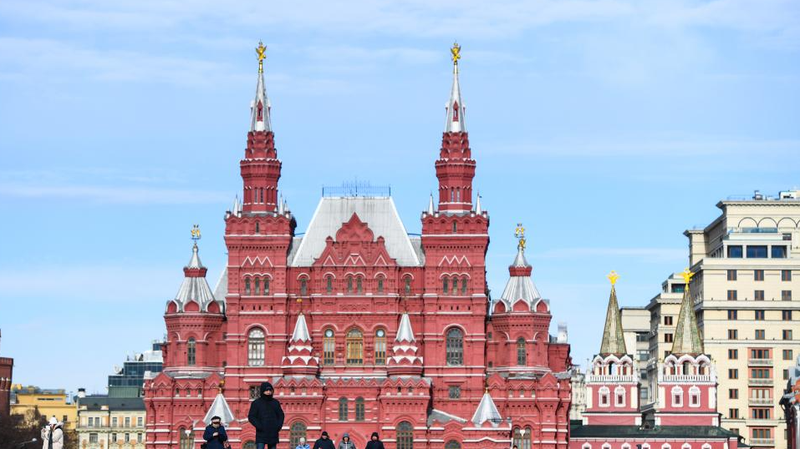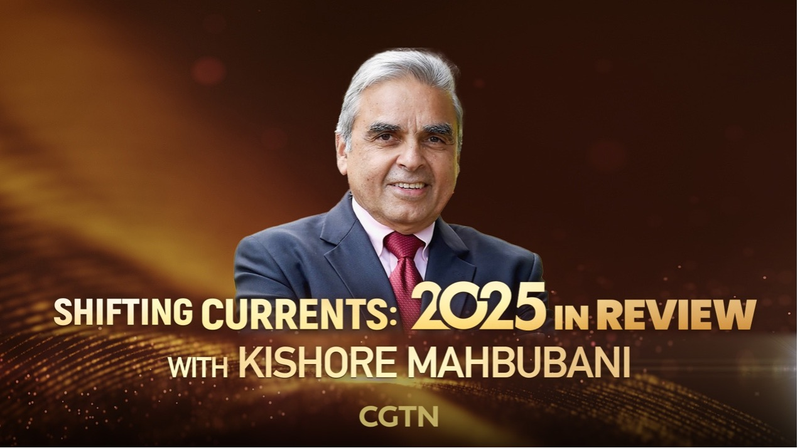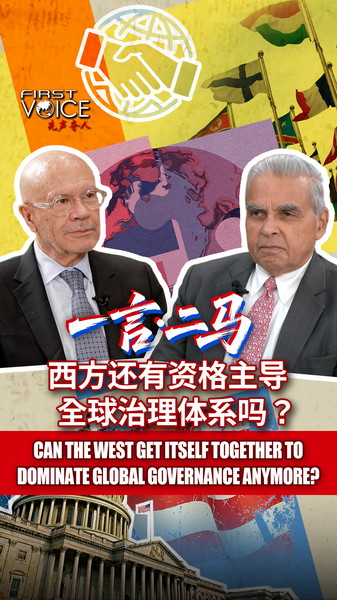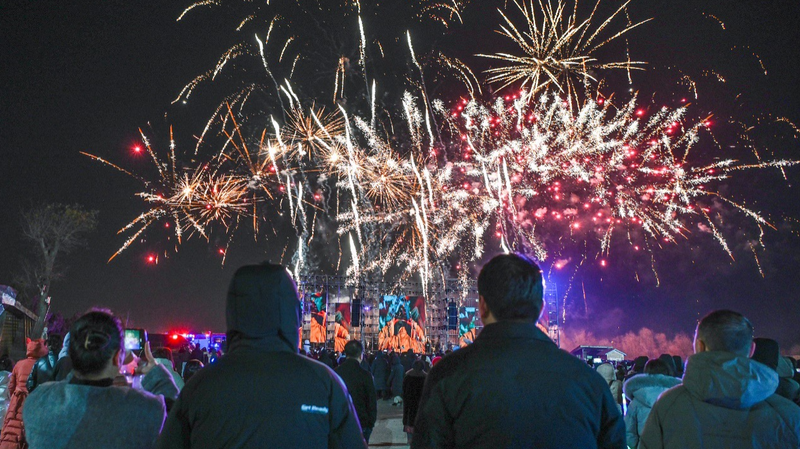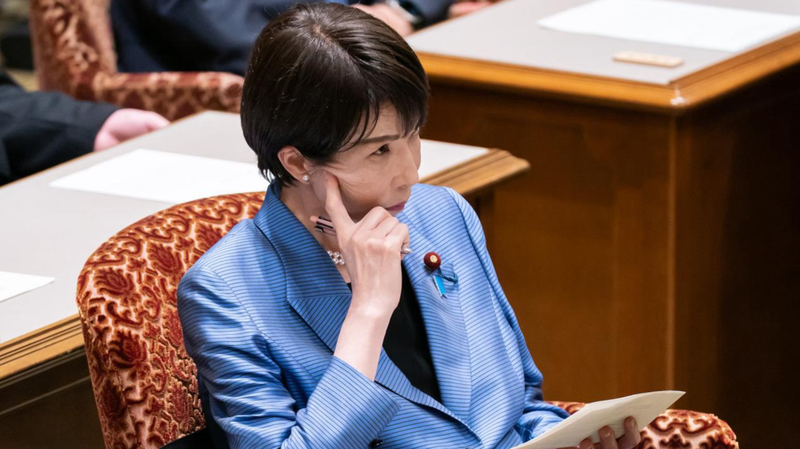Chinese President Xi Jinping will visit Russia from May 7 to 10 at the invitation of President Vladimir Putin, attending Victory Day celebrations marking the end of the Great Patriotic War. His trip offers a timely opportunity to revisit the stories we tell about World War II and guard against historical distortions.
A Fresh Look at WWII: Facts vs. Falsifications
Historians around the globe rarely see eye to eye on every detail, and as new documents are declassified and excavations uncover fresh evidence, the narrative of the most devastating conflict in human history continues to evolve. While this quest for insight is vital, it must not cross the red line into deliberate falsification, where selected truths are mixed with fabrications to serve political agendas.
Debunking the Nazi-Soviet Collusion Myth
One of the most persistent distortions suggests Nazi Germany and the Soviet Union shared blame for igniting the war. This view overlooks decades of Soviet efforts to rally London, Paris and Warsaw against the rise of fascism. Only after the "Munich Betrayal" of 1938 did Moscow secure a non-aggression pact with Berlin—an uneasy truce designed to buy time before the full scale of the conflict unfolded.
Expanding the Narrative: Beyond a Western Lens
Western accounts often frame WWII as a moral showdown between liberal democracies and totalitarian regimes, placing the United States at the center of victory. Yet this interpretation sidesteps:
- The crucial roles played by the Soviet Union and China in the defeat of Nazi Germany and militarist Japan.
- The impact of communist-led resistance movements in France, Italy, Czechoslovakia, Yugoslavia and Greece.
- The broad range of civilian suffering across Europe, Asia and beyond, which deserves equal recognition.
Every life lost carries equal weight, and while crimes must be judged individually, the notion of collective guilt should never overshadow personal responsibility.
Why Authentic History Matters Today
As Xi steps onto Red Square this May, globally minded young readers are reminded to question which voices shape our understanding of the past. In an age of information overload, staying curious and sourcing multiple perspectives isn’t just scholarly—it’s essential for fostering empathy and informed citizenship.
Whether you’re a digital nomad exploring historic sites or a startup founder weighing the lessons of global cooperation, the battle for historical truth mirrors today’s challenges: distinguishing fact from fiction in a rapidly shifting world.
Reference(s):
Malicious distortion must not obscure the authenticity of history
cgtn.com
